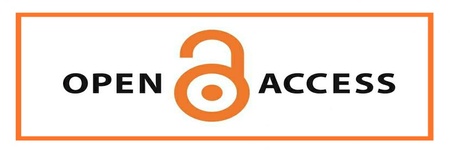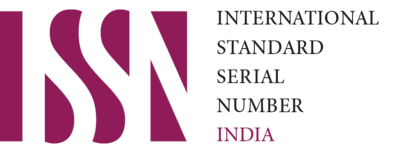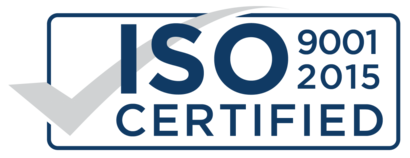LIBRARIES AS CATALYSTS FOR SOCIAL CHANGE: EMPOWERING MARGINALIZED COMMUNITIES IN INDIA
Keywords:
Libraries, Empowerment, Weaker Sections, Scheduled Castes (SC), Scheduled Tribes (ST), Minorities, Indian Society, Social Inclusion, Literacy, Digital ResourcesAbstract
Libraries have been accredited as knowledge and power centers, spanning social, economic, and educational divides. In the context of Indian society, libraries are assumed to be helpful in uplifting the weaker sections of the society, particularly Scheduled Castes (SC), Scheduled Tribes (ST), and Minority Communities (Kalyani, 2021). This is because these marginalized groups are bound to encounter systematic problems, such as deficiencies in quality education, information, and opportunities (Rao, 2020). They are centers for learning and development, literature, and thought that are open to the public with welcome and comradery for all. This source provides a way of accessing works, electronically based information, and training that is suitable for these populations (Nayar, 2019). For instance, the Digital Library program for the Marginalized has indeed helped reach out to tribals and others in far-flung areas. It has increased the availability of educational material in regional languages (Kumar, 2018). Likewise, the specialized library programs in the urban slum and rural areas involving SC and minority communities included skill enhancement, awareness, career, and vocational training (SET) workshops, employment workshops, women’s development, empowerment, and more. This has enhanced literacy levels, employment, and socioeconomic status for the people. Thus, by equalizing access to knowledge and information, libraries significantly transform the social setting by serving the ‘weaker’ sections of society and facilitating the development of the country and society in general (Bhatt, 2022). This abstract intends to focus on Libraries and their role in uplifting such sections of society in India, particularly concerning literacy, online access, and social justice. The full paper will provide more details on these themes as it will describe some of the ongoing practices in detail, examine current efforts, and provide strategic suggestions to enhance libraries impacting empowered SC, ST, and minority communities across the country.
Downloads
Downloads
Published
How to Cite
Issue
Section
License
Copyright (c) 2024 Arusha Farooq, Dr. Aaliya Ahemad

This work is licensed under a Creative Commons Attribution-NonCommercial 4.0 International License.








